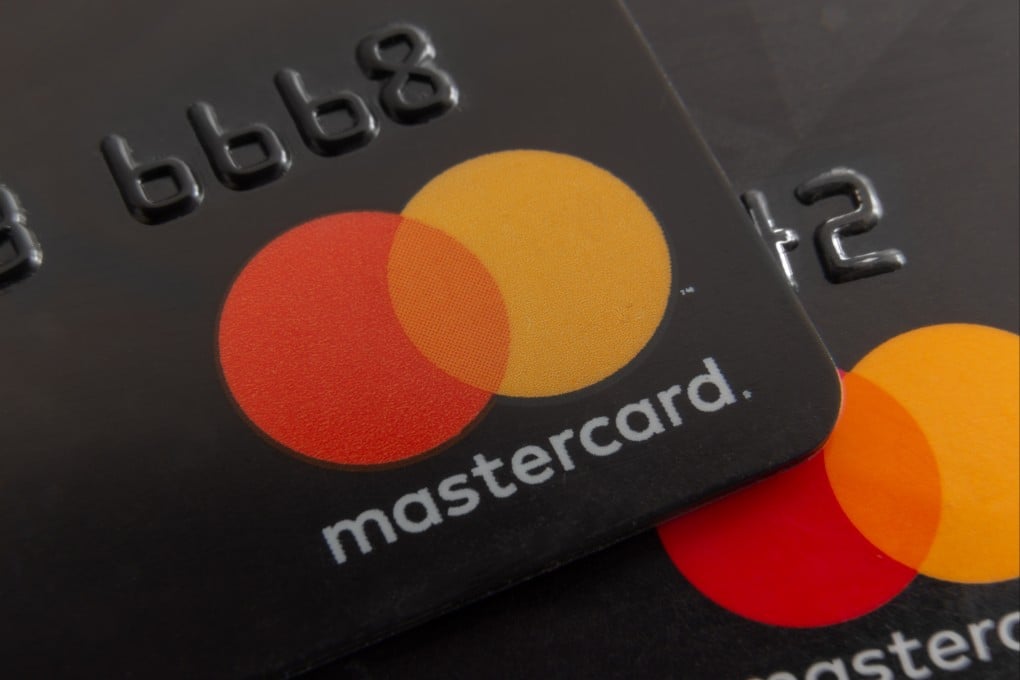Mastercard says wealthy Hong Kong consumers like credit cards with major benefits
Affluent spenders are looking at a number of ways to construct a ‘perfect wallet,’ Mastercard says

Affluent spenders are looking at a number of ways to construct a “perfect wallet,” the report said, adding that Asia-Pacific consumers in particular carefully consider how payment decisions can earn them points, rewards, and discounts.
“Affluent consumers tend to be very astute in how they select and utilise the payment tools in their wallets, strategising how and when to use each payment method to capture the greatest returns,” said Sandeep Malhotra, the Asia-Pacific executive vice-president of products and innovation at Mastercard.
“This hands-on, intentional approach reflects the growth mindset and commitment to self-improvement that affluent consumers exhibit in all aspects of their lives, including career, health and wellness, hobbies and learning.”
Credit cards remained the top choice for affluent consumers globally, including Hong Kong, for a few key reasons. Nearly half of the global affluent respondents said they used cards because of perks like cashback, air miles, and shopping points, while 31 per cent said it made them feel valued.
Around 27 per cent of people favour credit cards because they offer purchase protection. Affluent consumers in the Asia-Pacific region use more payment methods than their global peers, the survey showed.
